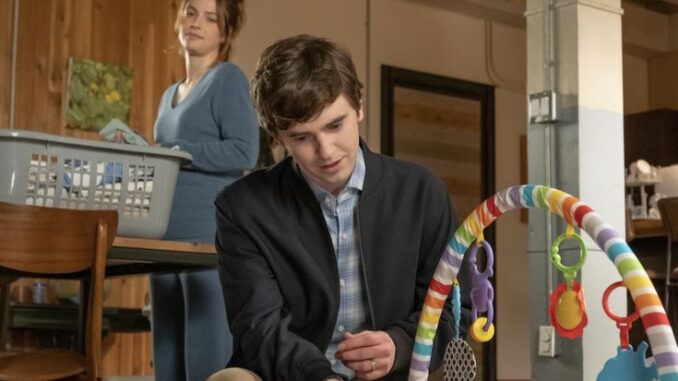
“The Good Doctor” will end with its seventh season, marking the conclusion of a notable chapter for the ABC network and its audience.
This decision, made in collaboration with the show’s creators David Shore, Liz Friedman, and executive producer Erin Gunn, wasn’t prompted by low ratings but by a creative choice to end the story meaningfully. The series has been praised for its empathetic portrayal of Dr. Shaun Murphy, a young autistic surgeon with savant syndrome who navigates the challenges of his profession and personal life.
The show premiered in 2017 and quickly captivated audiences with its compelling take on medical drama combined with the unique struggles and triumphs of an autistic doctor working in a high-pressure hospital environment. Shaun, played by Freddie Highmore, is a character who has broken significant ground on television, bringing representation to autistic individuals in a positive and complex light. Highmore’s performance has been widely praised for its sensitivity, and his portrayal has offered viewers an intimate look at how someone with autism might experience and navigate the world.

The decision to conclude the series with Season 7 is also seen as a respectful nod to its legacy, ensuring that the show ends on a high note without risking storyline fatigue. It allows viewers to see Shaun reach important life milestones with thoughtful development. As the character has evolved from a novice resident to a skilled surgeon and husband, the final season will explore his new challenges, especially his transition into fatherhood. For a character who has struggled with trust, emotional connection, and societal acceptance, this chapter presents another set of triumphs and struggles that audiences can relate to deeply.
ABC’s decision reflects a broader trend in television where networks and creators choose to wrap up successful series to maintain their quality and narrative impact. This approach allows creators to deliver a satisfying conclusion while the show is still fresh in viewers’ minds, rather than extending it at the risk of diminishing its initial appeal. David Shore expressed pride in the show’s ability to spark conversation and create awareness around neurodiversity and autism.
